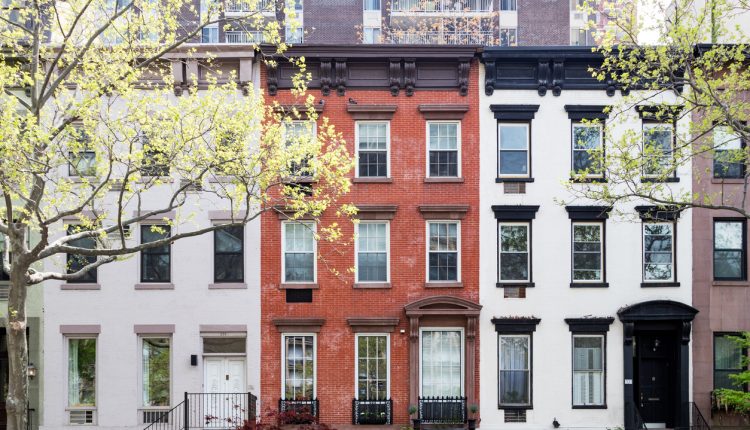A lot of people think homeowners’ insurance isn’t necessary, and from a legal standpoint, that’s partially true — in New York, you don’t technically have to have homeowners’ insurance if you own your home free and clear. If you have a mortgage, your lender will absolutely require you to take out homeowners’ insurance, as they’re protecting their investment as well as yours.
However, from a practical standpoint, you almost certainly do need homeowners’ insurance, whether it’s required or not. Burglary and weather damage or one thing, but should your home burn to the ground, you likely don’t want to start over from scratch with zero equity or funds to find a new place to live.
Some homeowners are under the impression they can drop their homeowners’ insurance after paying off their mortgage — but there are a lot of reasons why that’s not a great idea.
What Does New York Homeowners’ Insurance Cover?
There are several ways homeowners’ insurance can protect your property and financial well-being:
- Dwelling coverage. This pays for damages from things like burst pipes in the winter, damage from windstorms or falling trees, and so on.
- Other structures. homeowners’ insurance also covers things like your shed, fence, driveway, unattached garage, or any other structures.
- Loss of use. If your home is so severely damaged you can no longer live there, ‘loss of use’ insurance can ensure you have a temporary living space and living expenses while you sort out your housing situation.
- Personal property. homeowners’ insurance can not only protect your belongings should they get damaged by things like natural disasters, fire, etc. This could include furniture, appliances, electronics, and more.
- Liability and medical protection. This is one of the most important aspects of having homeowners’ insurance: if something on your property damages someone else’s property, or if someone gets hurt or seriously on your property, you don’t want to be responsible for the repair and medical bills.
What Additional Coverage Should You Get?
Depending on where you live, you may also want to get separate insurance for special circumstances. For example, floods and earthquakes are not often covered by standard homeowners’ insurance, as well as sinkholes and certain types of storm damage. It’s always a good idea to talk to your insurer and see exactly what’s covered by your base homeowners’ insurance.
What Affects Homeowners’ Insurance? How Can You Lower Your Premiums?
Several different factors will influence how high your premiums are. For example, if you live in a high-risk area for crime or certain kinds of natural events (wildfires, storms, etc) you will end up paying more for your policy than you might elsewhere. On the bright side, the reverse is also true; lower-risk areas tend to pay less. For example, Rochester has some of the cheapest homeowners insurance in New York.
Also, older homes tend to have more structural problems or eccentricities than newer homes, and so may pose a greater perceived risk to insurers. On the other hand, newer houses often tend to have better safety features and more sturdy infrastructure, which could lead to a discount on your insurance. How much it would cost to rebuild your home also plays a factor: bigger houses with more expensive building materials may lead to higher premiums to compensate.
You can also help lower your insurance premiums by installing things like fire alarms, home security systems, automatic lights, and other protective equipment.
Your claims history can also play a big part in how your premiums are assigned: if you have a history of making a lot of small claims for minor damage, your insurer might start raising your premiums.
So how can you bring those premiums down? For starters, you can increase your deductible. You’ll have to pay more out of pocket if you need to make a claim, but your monthly premiums will go down. Think carefully about your financial situation before you decide to do this.
Another way to reduce your premiums is to make them more resistant to things like weather damage. For example, you could install hurricane doors, reinforce the roof, and install hurricane shutters. To help safeguard against flood damage, you could install flood openings, elevate your home, and take other steps to prevent or minimise flood damage. This process can mean a considerable up-front expense, but it will pay for itself over time with lower premiums — and you will have a safer home on top of that.
Just as you should make sure you have the necessary coverage to safeguard against certain kinds of mishaps, you should also make sure you’re not paying for more coverage than you need. It’s a good way to reduce your premiums, but it pays to make certain you have enough coverage for rebuilding or replacement costs. If you have any structures on your property that you’re not using, be aware you’re probably paying insurance on them anyway — so tear them down if they’re no longer useful.




